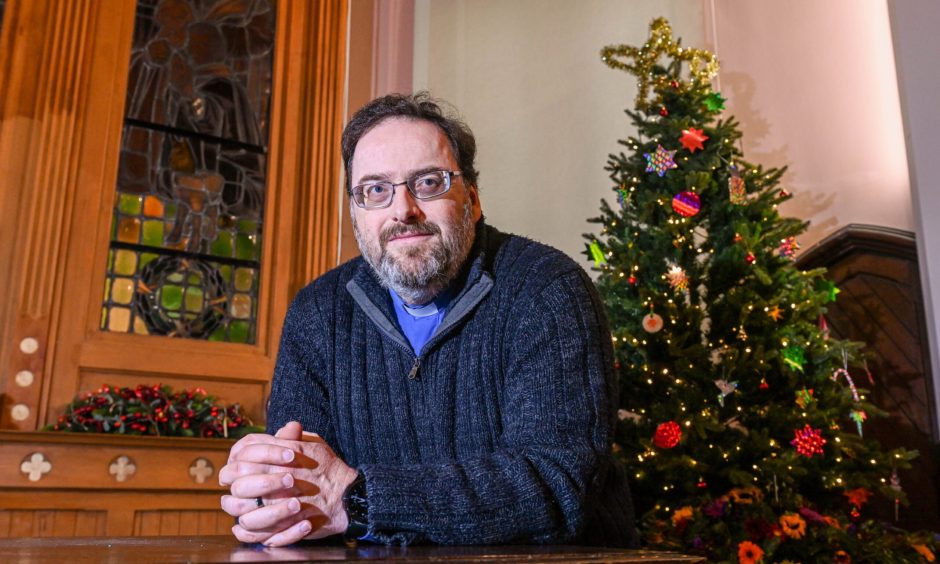
An Aberdeen minister has warned that the meaning of Christmas is being lost amid the “raw and uncontrolled” commercialisation of the festive season.
Rev Peter Johnston is minister at Devana Parish Church in Aberdeen. The church was formed in May with the amalgamation of St Mark’s, South Holburn and Ferryhill churches.
While we are a less religious society than in previous generations, Peter told me he feels secularism isn’t the problem.
Rather, according to Peter, we have strayed from the ideals behind Christmas through unregulated capitalism.
“I don’t really have much of an issue with secularism as a whole, I don’t think that’s necessarily a bad thing,” says Peter.
“But capitalism, when it’s raw and uncontrolled, is quite a dangerous beast.
“Margaret Thatcher once tried to argue that one of Jesus’ parables was all about capitalism, which was quite a reach, even then.
“Unregulated capitalism is problematic. It inevitably leads to further division and inequality, and division and inequality is not what Jesus was talking about.”
‘More and more’ commercialisation of Christmas in recent generations, says Aberdeen minister
And of course, the spirit of capitalism is never more evident than at Christmas.
When I did a spot of Christmas shopping in Aberdeen city centre a few weeks ago, I couldn’t help but notice something.
There were Santas and trees and decorations and lights and all the rest of it. There was no doubt it was Christmas.
But it all seemed designed to get customers in the door and part with their hard-earned cash.
Nothing about the origins or spirit of Christmas, or indeed what it is we’re celebrating and why.
“Inevitably when you have big celebrations, then commercial interests take over. That has for sure happened, and more and more so over recent generations.
“What is gift giving? At heart it is a recognition of one another and an acknowledgement of how important your relationship with that person is.
“But of course, it has become something else.
“Getting back to the heart of the meaning of Christmas would be healthy for people, for sure.
“But there are powerful interests at work to not make that happen.”
Disillusionment with Christmas commercialisation: The search for meaning
The commercialisation of Christmas is one thing.
But there is a wider search for meaning among people under 45.
These are people who have lived through two global recessions, a pandemic, and seemingly constant geopolitical instability.
Many find it impossible to get on the housing ladder, and for the first time in history there’s a generation of people who are financially worse off than their parents.
Then there’s smartphones, information overload, social media and 24/7 doomsday news reporting.
All this has led to an unprecedented mental health crisis that has left millions of people left searching for meaning.
The Barna report in 2015 showed that 20% of millennials (those born between 1981 and 1996) were accessing the Bible at least once a week.
And evidence is increasing that even younger people are now turning to faith.
A Yougov poll last December showed that those in Generation Z – those born between 1996 and 2010 – are more likely to believe in God than millennials.
‘No-one is perfect’: Exploring how to live a meaningful life with one another
Far from being part of the problem, many young people are as sick of the commercialisation of Christmas – and life – as the older generation.
“I have four kids, the oldest born in 1999, so they’re all very much in that generation,” says Peter.
“And I can see it in them and the big questions that they ask about life, and ‘why?’
“For churches, that is part of our challenge. How do we talk about that?
“There is still a desire for understanding and meaning, people have not lost that. How do people go about living a meaningful life?”
Do we need to get back to what Christmas is about, and if so, how do we do that?
“I think it would be very good for individuals and society to get back to some of the heart of what is behind the celebration of Christmas. Which is this dawning of a new vision for how we live with one another. That would be good for us.
“How we do that, well, that’s up to each person. The church, when it’s working well, should be an exemplar of that. Helping people explore how to live life with one another.
“With the massive caveat that no-one is perfect!”
Parallels between Jesus’ time and ours
Peter draws parallels between the time of the origins of the Christmas story and the present day.
“It was all happening in a time of massive division and political unrest and upset, in a part of the world that today is in massive unrest and upheaval.
“So that message that Jesus taught when he was preaching was all based around relationship.
“Everything he was trying to do and say was, at its heart, about bringing people back together and reconciling people, bringing people back into community.
“He repeated that again and again, so it was absolutely core to who he was and what he was trying to do. And the kind of society that would have been his vision.
“For me, that is a big part of what Christmas is still about.
“In the light of what is happening today, it still speaks to that situation. Perhaps even more powerfully now than it might have done in the past, when everyone took it for granted.”
What is the future of Christmas in a secular age?
Much of what Peter says makes me think about the future of Christmas. I ask him where he sees Christmas in 10 years’ time.
“Christmas will still be being celebrated. But I don’t know in the bigger context of society where Christmas is going to be.
“It’ll still be here because it’s such a commercial venture.
“That relationship with the faith part of it will still be around, but to what degree, I don’t know.
“It’s when commercialisation takes hold that things start getting a little twisted.”
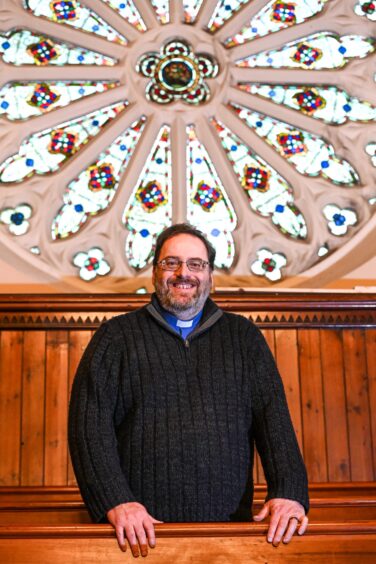
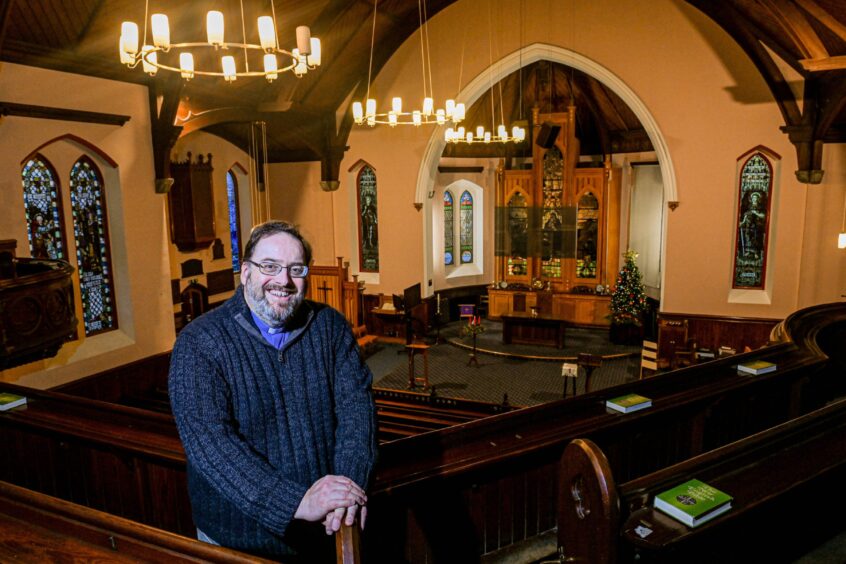
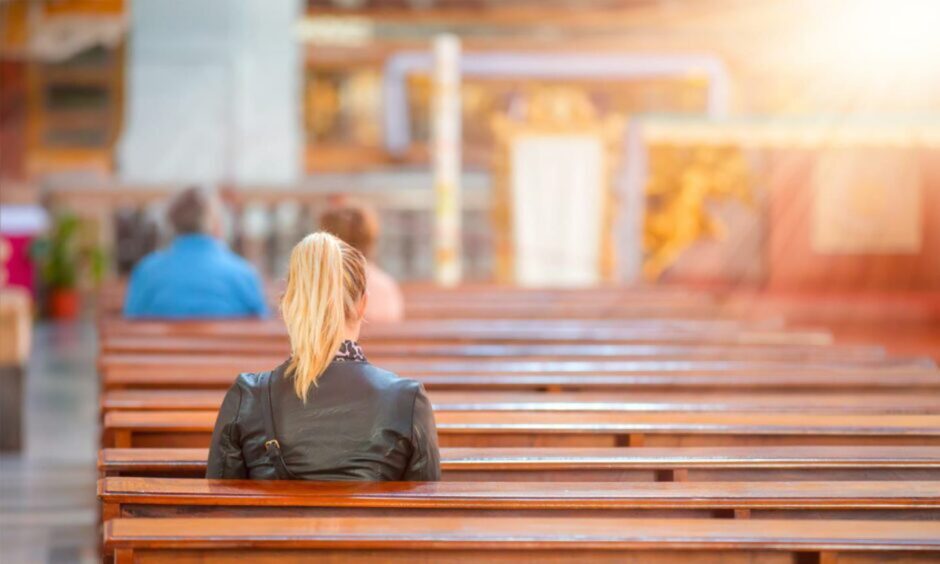
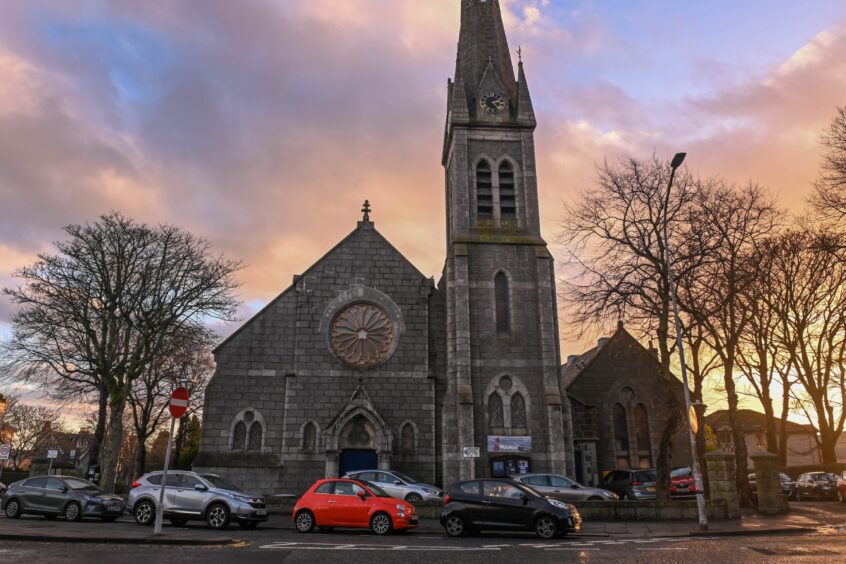
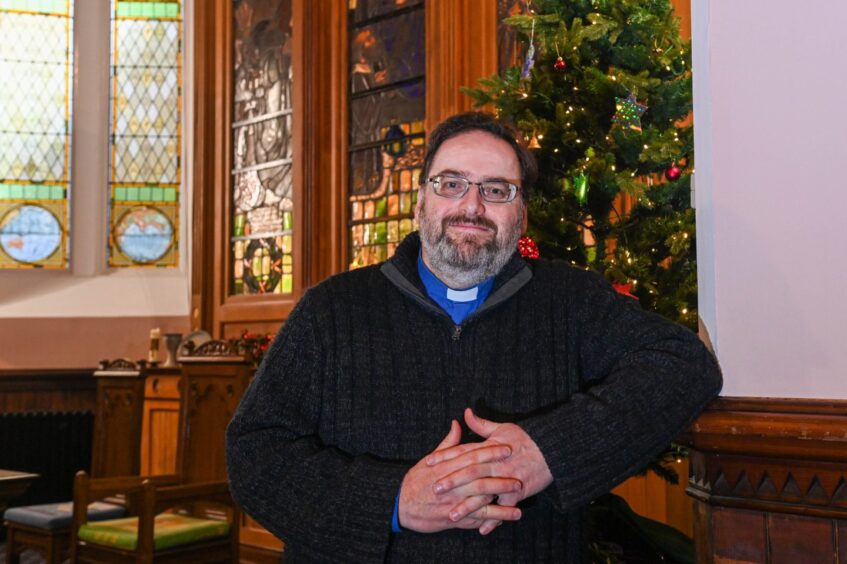
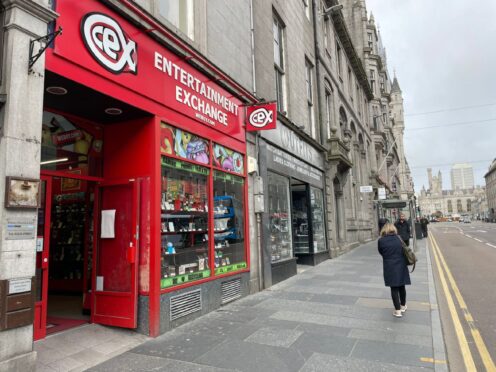
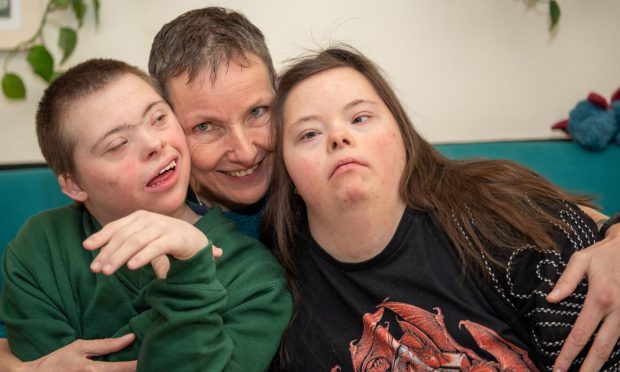




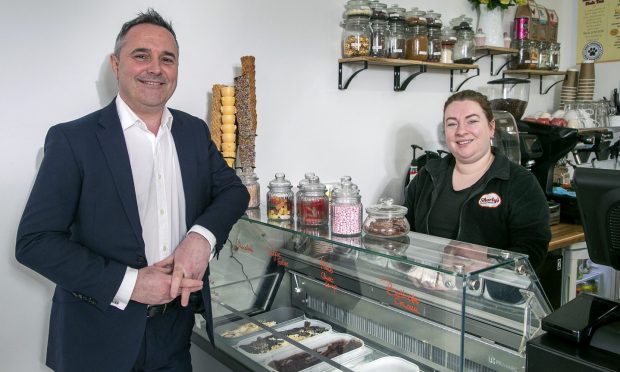
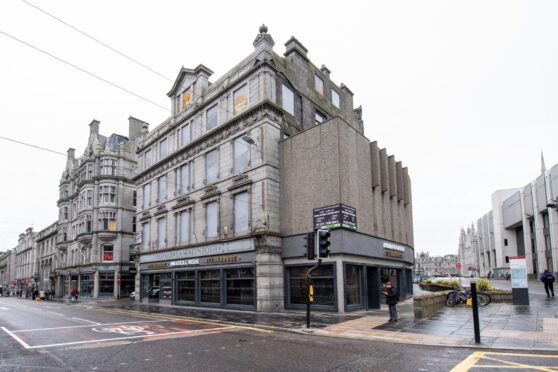
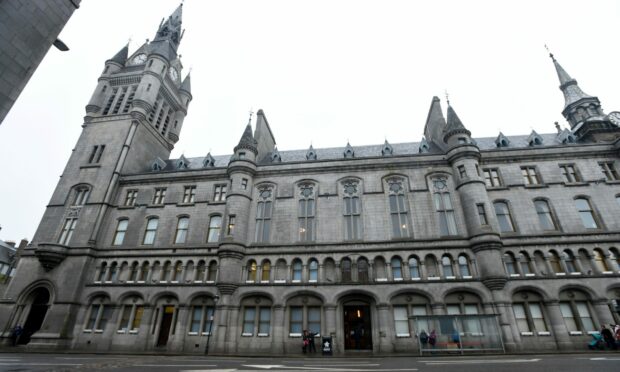
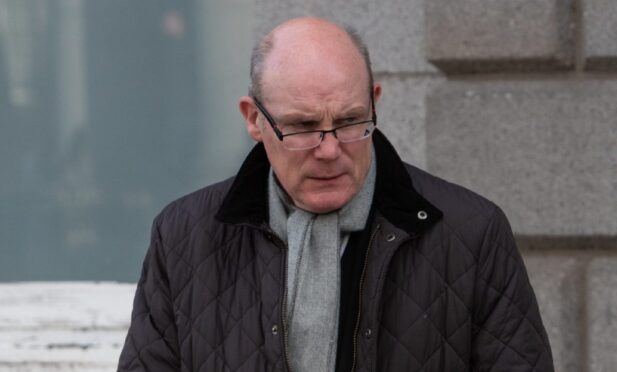
Conversation